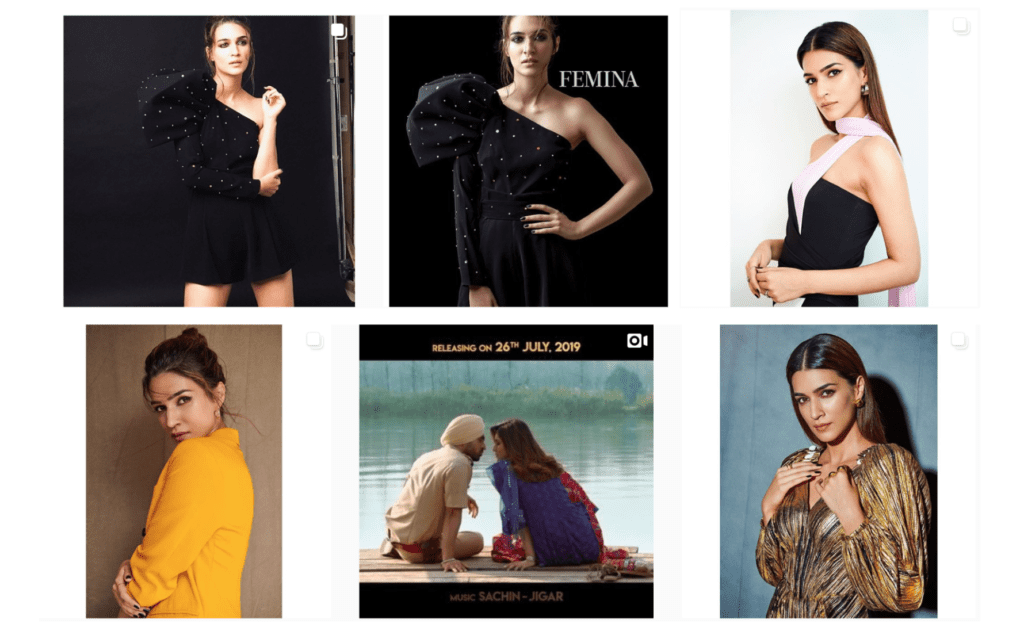Influencer earnings in India have risen by between 150 and 200 percent, according to the Economic Times, as brands continue to devote increasingly large portions of their marketing spending on influencer marketing. The result? Established names like Bollywood stars Hrithik Roshan and Tiger Shroff are reportedly bringing in millions of dollars in connection with their social media endorsement efforts. The rise in Instagram-specific marketing efforts has another immediate effect: the impending formation of a new regulatory body in India, one that will tackle misleading advertisements, including those on social media.
On July 30, the lower body of India’s parliament gave the go-ahead to the Consumer Protection Bill of 2019, a bill that will create the Central Consumer Protection Authority, an executive agency tasked with overseeing and enforcing consumer rights in the market. In particular, the agency – whose authority mirrors that of the American Federal Trade Commission – will have the power to investigate and order the discontinuance of “unfair trade practices and misleading advertisements” across all forms of media, and impose penalties on “manufacturers, endorsers [i.e., influencers and celebrities], and publishers of misleading advertisements.”
In addition to including specific language providing for product liability, unfair contract, and consumer dispute actions, the Consumer Protection Bill – which amends the Consumer Protection Act of 1986 – speaks directly to “misleading” advertisements in light of the sweeping changes in “the way goods and services are bought” that have come about since the earlier law was passed over 30 years ago.
The endorsement activity of social media influencers and more traditional celebrities gets specific attention in the bill, which defines “misleading” advertisements as marketing messages – regardless of the platform on which they appear – that “falsely describe a product or service; or give a false guarantee to, or is likely to mislead the consumers as to the nature, substance, quantity or quality of such product or service; or convey an express or implied representation which, if made by the manufacturer or seller or service provider thereof, would constitute an unfair trade practice or deliberately conceal important information.”
An example of such “important information”? A material connection between the endorser and the brand.
As for the penalties at play, the Consumer Protection Bill enables the Central Consumer Protection Authority to fine “a manufacturer or an endorser” up to $1,120 and to order imprisonment of up to two years for an initial false or misleading advertisement offense. Subsequent infringements come with potential fines of nearly $6,000 and jail time of up to 5 years.
The bill – which aims to remedy the prevalence of “celebrities endorsing faulty goods and services,” according to Hindu Business Line, and larger failures by endorsers, many of whom boast followings in the tens of millions, to properly alert their followers to the commercial nature of their social media posts – is expected to be heard by the upper house of Parliament on Tuesday.
Interestingly, the bill will not just effect mega-influencers like actresses Kriti Sanon and Urbashi Rautela; it will also impact the budding group of micro- and nano-influencers influencers, who are growing in popularity amongst marketers in India, according to a new report from UK-based social media management company Hopper HQ.











